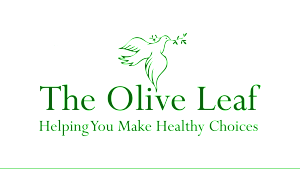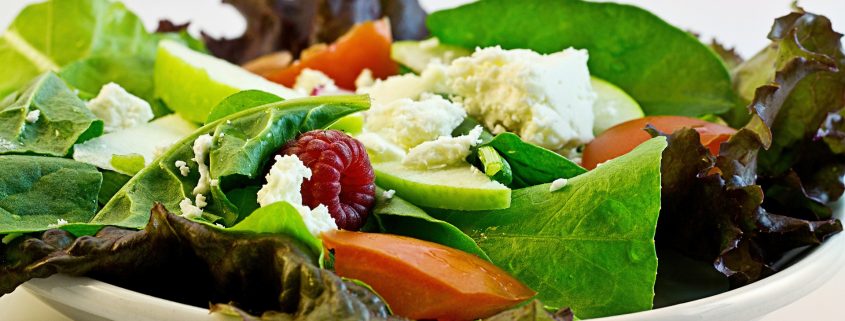Lose Weight Without All The Gimmicks
Lose Weight Naturally
What does it mean to lose weight holistically? It is becoming more and more commonplace for people to practice holistic lifestyles. Holistic meaning “the whole you”. Our bodies are complex networks intertwined in many ways and approaching healing them that way has shown significant improvement in our daily lives. Often times, there is a natural, organic alternative available to meet your needs with weight loss and management.
One of the biggest challenges to losing weight is changing your diet. Many people believe it involves drastic changes and the loss of all our favorite things. It’s not! Yes, there will be compromises. But, you can still have that steak for dinner; butter slathered on your vegetables. And bring on that cheese omelet for breakfast! With all things in life, moderation is key, but let’s get a little more in depth concerning good fats, protein in our diets, and the roles of processed foods.
Grassfed Proteins
What are they? Up until the late 1990’s most farmers sent their animals such as beef, bison, lamb, and goat to feedlots where they were fed soy, grain and other supplements with growth promoting additives and hormones. Does that sound like something you would like to be consuming? I didn’t think so. The sad fact is that you are…unless you are buying grassfed meat. Grassfed animals are raised on a pasture which is high quality grasses and legumes only. They receive no additives or hormones and need no antibiotics or medicines because they are being taken care of so well they rarely become sick. Grassfed animals also produce meat that has less total fat, saturated fat, cholesterol, and calories than other animals. Their meat also contains more vitamin E, beta carotene, vitamin D, omega 3 fatty acids, and CLA. After learning all of that, why haven’t we all moved to eating strictly grassfed meat?
Low Carb High Protein
Overwhelming research has shown the benefits of a high protein low carb diet. Some experts believe if carbs are to be consumed it is necessary to minimize as much as possible and to avoid processed and refined carbs at all costs. Protein keeps you fuller longer and keeps blood sugar from spiking. It also aids in the muscle recovery process if exercise is part of your routine for weight loss.
Cutting Out Sugar and Processed Foods
Sugar is often one of the biggest contributors to empty calories in our food. It hides so easily in many things, we often don’t realize we are even consuming it. Calorie counting is the least of our worries when it comes to this silent killer. The effect sugar has on our bodies is severely understated and misunderstood. Some of the most lethal and prevalent diseases known to our population can be attributed to the overconsumption of sugar. The scariest fact? It’s not because we are eating cupfuls of sugar everyday. It’s coming from the processed foods we consume every day without a single thought as to how much damage we are really doing. Click here to read about the Negative effects of sugar.



